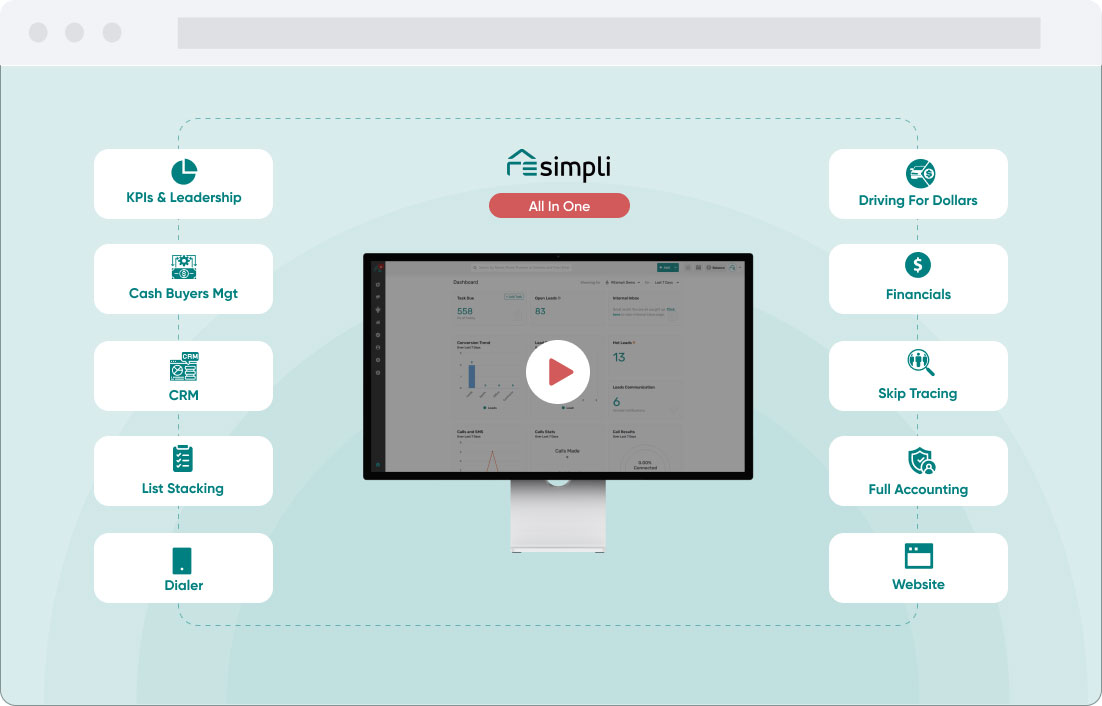Learning Your Neighborhood
Real estate is everywhere. That doesn’t mean you should invest everywhere. Diversification is an investment strategy recommended by a lot of financial advisors, but it may not be the path to true wealth – especially in real estate.
There is an enormous difference between the real estate markets of Manhattan, Kansas and Manhattan, New York. The investors who really do well are the ones who pick one ‘Manhattan’ and specialize in it. That’s not to say investors should just pick a town and buy every good deal that comes along in it. The specific areas could be several small towns, a county, or one section of a large city. The trick is to pick an area that makes sense.
Within that area, an investor can pick a certain type of real estate. Are they interested in:
- Single family flips?
- Small, multifamily (2-4 units) residential rentals
- Raw land
- Commercial buildings
- Apartments
Or something else? It could also be a combination of these. Maybe the investor can flip some homes until they come across one that would make a good rental property. The investor who knows their market very well in a particular area will be able to tell what kind of real estate will be the most profitable for him.
The first question to ask is whether to look at a local area or one far away (‘virtual investing’). Before the internet this question was pretty much a ‘no-brainer’. Investing far away was extremely challenging. Thanks to the availability of information these days, there are many investors putting their money into real estate across the country and across the world.
Wherever you are looking to invest, consider how you will mitigate risk in a particular area. If a large problem occurred, would you need to be present to fix it? Could you drive or fly to the area? Don’t just concentrate on the gains you will make. It’s always best to think of the worst-case scenarios before you invest in order to be prepared. Then when those scenarios don’t happen, you will be further ahead.
When considering an area to invest, think like your customers. Are you flipping homes? Or renting them? Think like a prospective home buyer or renter. Some questions they would be curious about include:
- Is the area safe?
- How long will the commute be to work?
- Are the schools good?
- Are companies moving into or out of the area? Are they bringing jobs which can lead to higher property values?
- Are builders building in the area?
- How high are rents?
- What are vacancies like?
Knowing the answers to these questions will help you determine if a deal is good or bad. A good deal in Manhattan, New York might be a bad deal in Manhattan, Kansas. Although those may be extreme examples, it illustrates the point that knowledge of a certain area is critical to your investment success.
One other benefit of knowing an area really well is that as you do your research, you will also create a great referral network. Talking to people about the area will highlight you as a real estate investor. Then when contractors see an abandoned house, they will call you to hire them to fix it up. That teacher who talked to you about the quality of the schools may notice that a family has to move in a hurry. They could be motivated sellers. A police officer who gave you information about the safety of a neighborhood may give you a tip about a recent eviction. That landlord may be fed up and ready to sell.
Doing your homework may pay off in lots of different ways.

